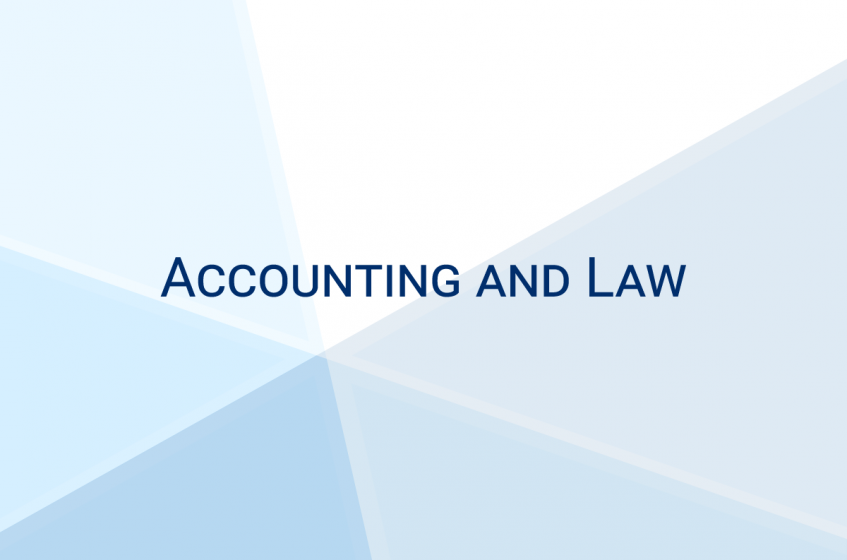
“Do managers exploit private information about their firm’s investor base?” by Mrs. Jean Zeng
Ph.D. Candidate in Accounting
Haas School of Business
University of California
I investigate whether managers obtain and exploit private information about who buys and sells their firm’s stock. To do so, I examine insider trading prior to activist investors’ disclosure of Schedule 13Ds. Schedule 13Ds are required when investors have acquired more than 5% of a firm’s shares, and they cause a significant price jump of approximately 6% upon disclosure. I find that insider purchases (sales) are abnormally high (low) in the days prior to the disclosure of Schedule 13Ds. These pre-disclosure insider purchases are higher when activist investors make larger trades since they are more likely to be detected by insiders. The stock market fails to recognize that insiders trade ahead of the Schedule 13D filings, as reflected by the fact that pre-disclosure insider trading does not facilitate price discovery in the underlying firms. Furthermore, I find that the pre-disclosure insider trading is predictive of the firm’ future stock and operating performance, consistent with managers’ exploitation of private information when they expect it will generate greater profits. Taken together, my results show that managers obtain private information concerning their firm’s investor base and exploit it for personal gain.







